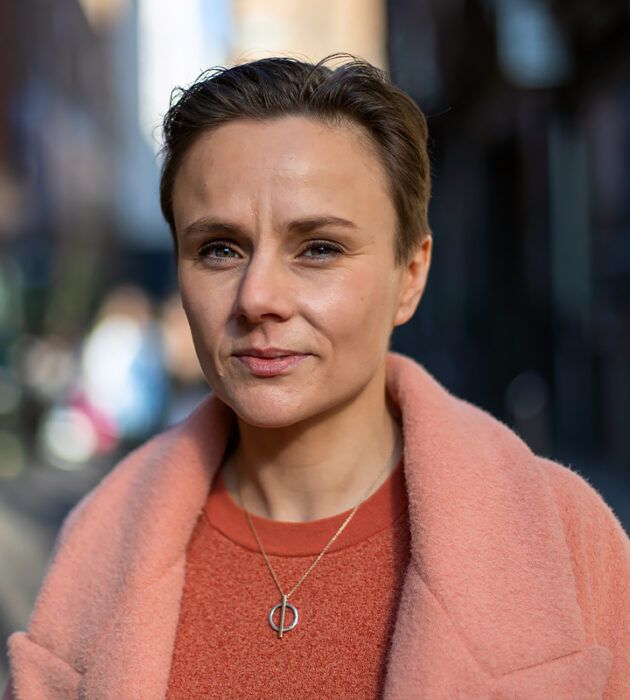
People’s voices matter. To transform end-of-life care for the better, we must listen to them
The report highlights how dying people experience NHS care in England and emphasises the need to respect people’s preferences and understand what quality of life means for them.
This is a significant moment for end-of-life care in this country. Conversations about transforming death and dying have often (and understandably) been dominated by what systems, services and clinicians can do better. But giving power to people, and enabling them to make informed decisions is a missing part of this puzzle.
To improve how we die, we need a culture shift in society as well as in healthcare.
This was the key finding in our recent research, brought together in the report Rethinking the UK’s approach to dying: Lessons from an end-of-life helpline. We submitted this report as evidence to Lord Darzi’s review and we are pleased that it both informed his thinking and features in the report.
We used our evidence to make three key points:
- For our report we commissioned YouGov to carry out a poll of the general public. It found that 8 in 10 people (83%) want to prioritise their quality of life over living longer in the last years of their life. Assumptions about the purpose of care at the end of life are out of touch with what people want.
- The same poll found one in four people said the last close friend or family member who died received medical treatment they would not have wanted. Dying people are sometimes receiving treatment that does not align with their wishes or values, and it has devastating consequences.
- There is growing recognition of need for change. England’s chief medical officer, Chris Whitty, recently called for a similar cultural shift in healthcare, away from maximising lifespan and towards improving quality of life in old age. He argues that sometimes this means “less medicine, not more”.
While recognition of these facts in the Darzi review is important, this is only the start. We need to be realistic and straight-talking about the changes that are needed to ensure that peoples voices are sought, heard, and reflected in decisions and actions.
Death, dying and advance care planning are often ‘owned’ by healthcare. But we need to do things very differently if we want people and communities to be able to meaningfully own these decisions when they want to. Healthcare professionals should not be the gatekeepers, otherwise we risk perpetuating a cycle of decisions being made for people rather than by them.
We all know that planning ahead is not a panacea for a ‘good death’, but the people we support tell us that when they are able to make informed decisions, record these decisions and importantly have these preferences respected, they feel relief, peace of mind and it builds trust between themselves and the healthcare system.
But people also tell us a different story. Our report contains heartbreaking stories of where dying people’s wishes weren’t prioritised or worse, were ignored. We found people were often not given the clear, honest information they needed to make informed decisions at the end of their lives. Families told us that time and time again they had to fight against a medical system that prioritises extending life above all else. Too often in this country end-of-life care is a story of unwanted treatments, avoidable ambulance rides and inappropriate hospitalisations.
Our research – and now Lord Darzi’s observations – offers a new lens on how to transform dying in the UK, by rebalancing end-of-life care in favour of the people who experience it. We have set out clear and achievable recommendations that would influence how we understand and talk about our end-of-life treatment and care, and would support professionals to seek people’s end-of-life wishes routinely.
- People want honesty, clarity and an opportunity to make and record informed decisions, more than anything they want their choices to be respected and followed.
- Healthcare professionals need support to feel confident in the transition from active treatment to comfort care – “from treating to caring” as one doctor put it.
- Policy changes, like the introduction of an advance care planning conversation guarantee, hold the key to enabling people to make their own informed decisions and having those choices respected.
Medicine has changed significantly in the last 50 years. The options available to dying people now at the end of their lives were once unimaginable. But the pace of change in how we as a society approach death and dying has been too slow. We are thankfully seeing an intent to change this. Alongside many others, Compassion in Dying is working to make sure that happens.